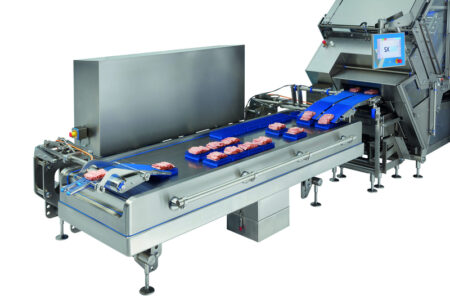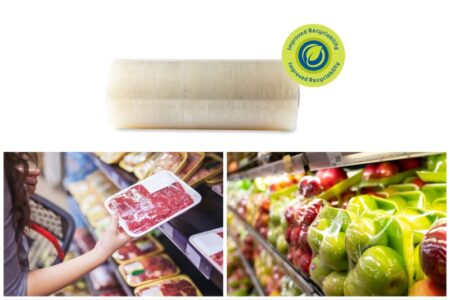UK food businesses serve 162 million extra veg portions as a result of Peas Please initiative

The 2019-2020 progress report released today (7 December 2020) from the Food Foundation’s Peas Please project – which works to make vegetables more appealing, accessible, and affordable – unpacks the ‘Veg Pledges’ made by 25 Veg Cities and 70 contract caterers, high street chains, retailers, wholesalers, manufacturers, public food procurers and broadcasters.
The report finds that 162 million additional portions of veg were either served or sold by these businesses as a direct result of the programme. The numbers in the report do however paint a picture of a food system hit hard by the Covid-19 pandemic, with 27% of organisations that are part of the scheme unable to report back this year due to capacity issues (the majority from the Out of Home sector, highlighting the ongoing challenges faced by this sector).
Even with Covid-19 causing disruption across the food sector, the Food Foundation reports that the Peas Please initiative continued to deliver on its mission, with 72.1 million additional portions of veg being sold or served this year. This demonstrates remarkable progress in the right direction, despite the rate of increase slowing slightly as a result of the pandemic (approximately 13 million fewer additional portions were reported compared to last year.)
Graph and table courtesy of the Food Foundation
Retail grocery sales data provided by Kantar show that the proportion of veg in a consumer’s shopping basket remains low (7%), despite overall grocery sales increasing by 13.7% in the 12 weeks leading up to mid-June. Were retailers to be in line with the government’s Eatwell Guide, 20% of the shopping basket should be made up of veg. The absence of an uplift in the percentage share of retail shopping baskets that are veg this year, despite the closure of the Out of Home sector, is a concerning indictment of the current situation in the UK, according to the Food Foundation. We are simply not selling, serving, or eating enough vegetables.
New analysis from SHEFS finds that a No Deal Brexit would further compound the challenge of increasing veg consumption. 68% of our total supply of fruit and veg in the UK is imported, and a no deal scenario would mean imports from the EU (as well as non-EU countries where trade deals have been negotiated through the EU) would automatically be subject to the new UK ‘most favoured nation’ tariffs.
This, according to the Foundation, could result in the average British family paying an average of 4% more for their fruit and vegetables over the course of a year. Some products could rise by even more: for example, tomatoes would become 9% more expensive. Increased food prices will impact the more deprived groups of society the most.
Graph courtesy of the Food Foundation



